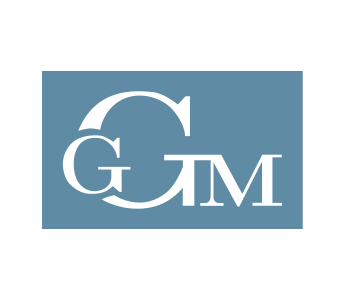Revisiting Michigan’s Uniform Trade Secrets Act
While the Michigan legislature is sitting on a bill which would ban covenants not to compete, for the time being Michigan’s Uniform Trade Secrets Act (“MUTSA”) is alive and well. MUTS provides a statutory basis for protection of trade secrets. What constitutes a “trade secret” is very fact specific and a trial court is required by the seminal case Hayes-Albion v Kuberski, 421 Mich 170 (1984) to examine a number of factors to determine with the putative trade secret information qualifies as a trade secret under MUTSA. These factors include: [1] is the information well known outside the owner’s enterprise; [2] the extent to which the information is known by employees within the owner’s business or is the information limited to those on a need to know basis; [3] what measures has the owner employed to maintain the secrecy of the information; [4] does the information have commercial value to the business owner and competitors; [5] the effort and resources expended by the owner in developing the information and [6] the difficulty that others would face in independently duplicating the information.
In a recent unpublished Court of Appeals decision, Erlich Protection System v Flint (Docket No. 345323 November 7, 2019), the Michigan Court of Appeals confirmed that the party claiming ownership of a trade secret protected by MUTSA in its lawsuit complaint must “particularize and identify the misappropriated trade secrets with specificity.” A trade secret owner cannot simply rely on generalized allegations that the information allegedly pirated by the former employee is confidential and valuable to the owner. The degree of specificity required will require more discussion by future courts, but for the time being, a party claiming misappropriation of a trade secret should make sure that trade secret information is described in sufficient detail. The “trick” is to provide enough details without disclosing the essence of the secret. Obviously, a trial court can enter a protective order preventing further use or disclosure of the information plaintiff believes to be a trade secret.
The court in Erlich Protection System also drew a distinction between “use” of a trade secret in a common law claim and misappropriation claim under MUTSA. A MUTSA plaintiff must only allege and prove that the trade secret was disclosed or acquired, while on the other hand, a plaintiff asserting a common law claim must allege and prove that a trade secret was subject to “unauthorized use”.
The attorneys at GGTM Law have extensive experience is drafting non-disclosure agreements, covenants not to compete and litigating the trade secret claims.
News and blog articles presented in this website are distributed for general information purposes only with the understanding that the author, publisher and distributor of articles is not rendering legal, accounting, or other professional advice or opinions on specific facts or matters and, accordingly, GGTM assumes no liability whatsoever in connection with the use of any article. Pursuant to applicable rules of professional conduct, this communication may constitute Attorney Advertising.

